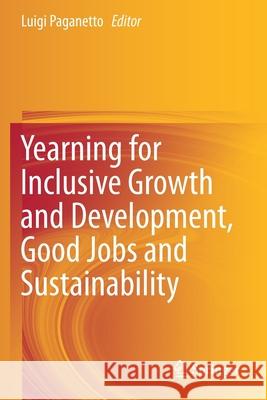Yearning for Inclusive Growth and Development, Good Jobs and Sustainability » książka
topmenu
Yearning for Inclusive Growth and Development, Good Jobs and Sustainability
ISBN-13: 9783030230555 / Angielski / Miękka / 2020 / 234 str.
Yearning for Inclusive Growth and Development, Good Jobs and Sustainability
ISBN-13: 9783030230555 / Angielski / Miękka / 2020 / 234 str.
cena 602,40
(netto: 573,71 VAT: 5%)
Najniższa cena z 30 dni: 578,30
(netto: 573,71 VAT: 5%)
Najniższa cena z 30 dni: 578,30
Termin realizacji zamówienia:
ok. 22 dni roboczych.
ok. 22 dni roboczych.
Darmowa dostawa!
Kategorie:
Kategorie BISAC:
Wydawca:
Springer
Język:
Angielski
ISBN-13:
9783030230555
Rok wydania:
2020
Wydanie:
2019
Ilość stron:
234
Waga:
0.34 kg
Wymiary:
23.39 x 15.6 x 1.3
Oprawa:
Miękka
Wolumenów:
01
Dodatkowe informacje:
Wydanie ilustrowane











